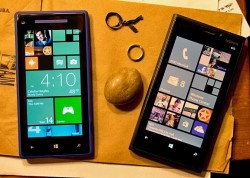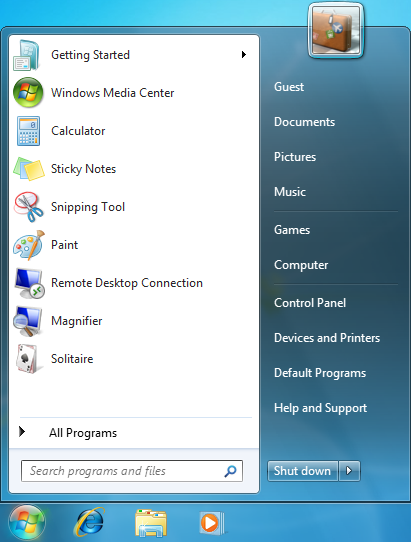There was a time, back before smartphones and tablets, when most of us used, at most, only three operating systems. Indeed, for the average computer user there was only one operating system that mattered and that was Windows, which held a 95% market share. Even those of us who used Linux or Apple at home usually had to use a Windows computer at work–which remains true today.
However, today’s computer users daily come into contact with many other operating systems than merely Linux, OS X and Windows. Smartphone and tablet users boot into Android and iOS, with some even using the more open Firefox OS and Sailfish OS. To traditional consumer computers we can now add Chrome OS for those who don’t mind doing most of their work in the cloud.
Christine Hall has been a journalist since 1971. In 2001, she began writing a weekly consumer computer column and started covering Linux and FOSS in 2002 after making the switch to GNU/Linux. Follow her on Twitter: @BrideOfLinux


 It appears that the police in Tallahassee, Florida have been busy tracking folks by their cell phones without bothering to show up before a judge and ask for a warrant. Why would they violate the constitutional rights of their citizens this way? Evidently because they were using technology on loan and had signed a non-disclosure agreement.
It appears that the police in Tallahassee, Florida have been busy tracking folks by their cell phones without bothering to show up before a judge and ask for a warrant. Why would they violate the constitutional rights of their citizens this way? Evidently because they were using technology on loan and had signed a non-disclosure agreement.






